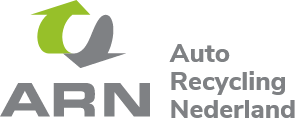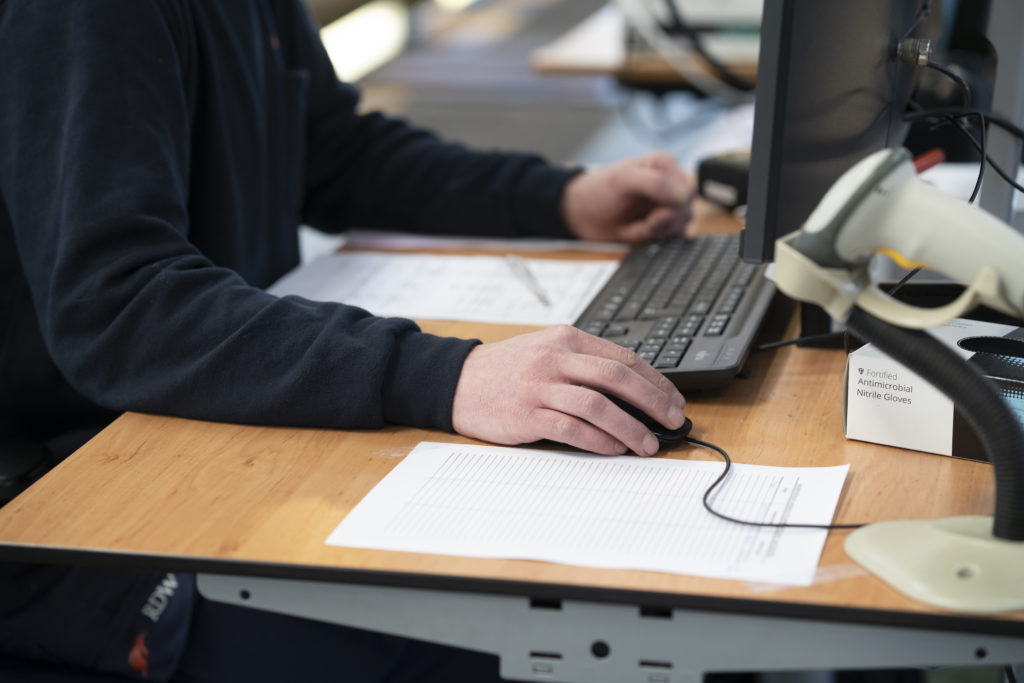Interview, Gerrit Mastenbroek
The ARN organisation maintains control with effective governance
The governance of the ARN organisation is professionally catered for by an independent supervisory board, in which an audit committee plays a key role. “The important thing is that the organisation is in control and stays in control, which means that it is essential for checks and balances in the organisation to be in order,” insists audit-committee chairman, Gerrit Mastenbroek. Asking questions is key, he insists, so we ask him a few.
How does the audit committee fulfil its supervisory role?
The audit committee supervises ARN’s risk-management and control systems, as well as the flow of financial information. Risk management plays an important role in the functioning of the ARN organisation. The audit committee monitors the likelihood of potential risks manifesting themselves, their possible repercussions and, above all, and based on the findings, the measures taken by ARN to mitigate potential calamities. To underscore continuity and the quality of the measures, we work along the lines of the well-known “plan-do-check-act” cycle.
In the audit committee, we look at the chance that a potential risk will occur, at the possible impact and especially how the ARN organization has taken measures based on the results to prepare for possible disasters
Gerrit Mastenbroek
Chairman of the audit committee ARN
How does this supervision take place in practice?
Asking questions is the most important way for audit-committee members to gain insight into to the potential risks. This encompasses a wide range of aspects: from current developments like codes of conduct, to specific topics like cybercrime. To reduce the risks of cybercrime, for example, the accountant carries out an annual IT audit and there are regular system tests to assess whether IT security is what it should be. It is the responsibility of the audit-committee members to ask the right questions about the results and push for further details. In this respect, it is crucial to guarantee the full independence of audit-committee members. They must all feel free to ask whatever they want to.
Why is it so important to monitor car- and battery-recycling?
Car recycling is a relevant topic and any form of recycling is an important social spearhead for the relevant stakeholders. Partly as a result of a raft of new European regulations expected in the area of end-of-life vehicles and car batteries, we can count on there being a significant number of developments in this challenging area during the next 10 years. Governance is definitely fit-for-purpose at ARN and, as members of the audit committee, we will continue to ask questions as to how the ARN organisation intends to effectively respond to these developments. Together, we will ensure that the organisation stays in control, both now and in the future!
For the members of the audit committee, asking questions is the most important way to understand potential risks
Gerrit Mastenbroek
Chairman of the audit committee ARN


